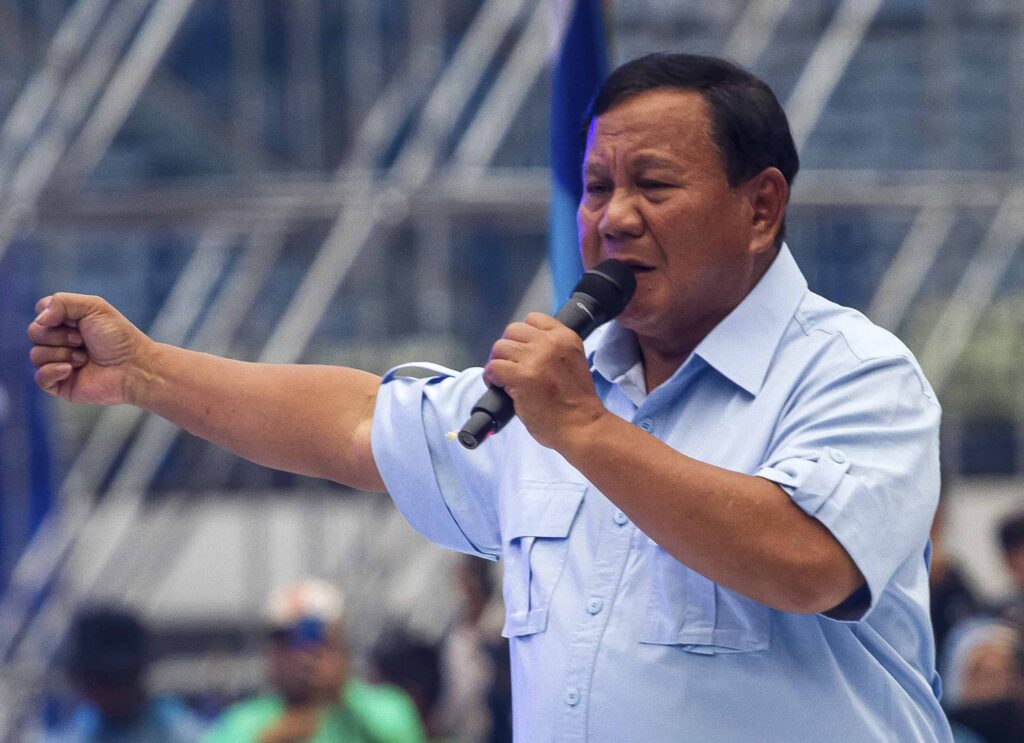Prabowo Subianto, a former army general with a controversial past and defense minister in the current administration, has been elected president of Indonesia.
This was his third presidential race.
Prabowo has a dubious reputation: he was banned from entering the US over allegations of atrocities in East Timor, a ban that was only lifted in 2020.
He will assume the presidency at an opportune time. Indonesia, with a population of 274 million and a 2022 GDP of $1.2 trillion, has become an attractive target for foreign investors during current President Joko Widodo’s two terms. But his legacy in this post is mixed.
“Prabowo is a product of the Suharto era,” says Maria Monica Wihaja, visiting fellow at the ISEAS-Yusof Ishak Institute and professor at the National University of Singapore.
Despite being Suharto’s son-in-law, he is rumored to have instigated the 1998 riots that toppled the longtime dictator. Wihaja is concerned about whether Prabowo will stick to the reform model that has made Indonesia attractive to investors.
“Continued investment depends on institutions and institutional continuity,” she says. “For example, Prabowo has advocated for the abolition of term limits in the past.”
Southeast Asia’s largest economy has experienced strong growth since the Covid pandemic, especially as investment boomed in its manufacturing industry.
GDP grew 5.3% in 2022, boosted by domestic consumption and additional commodity exports as global prices for coal, palm oil and iron rose. Indonesia also received $43 billion in foreign direct investment in 2022, the highest in the country’s history.
Leadership issues are particularly pressing given that OECD accession is on the agenda.
“Indonesia’s application is the first from Southeast Asia, one of the world’s most dynamic regions,” says OECD Secretary-General Matthias Cormann. “As Southeast Asia’s largest economy and the world’s third-largest democracy, Indonesia is an important global player, providing important leadership in the region and beyond.”


